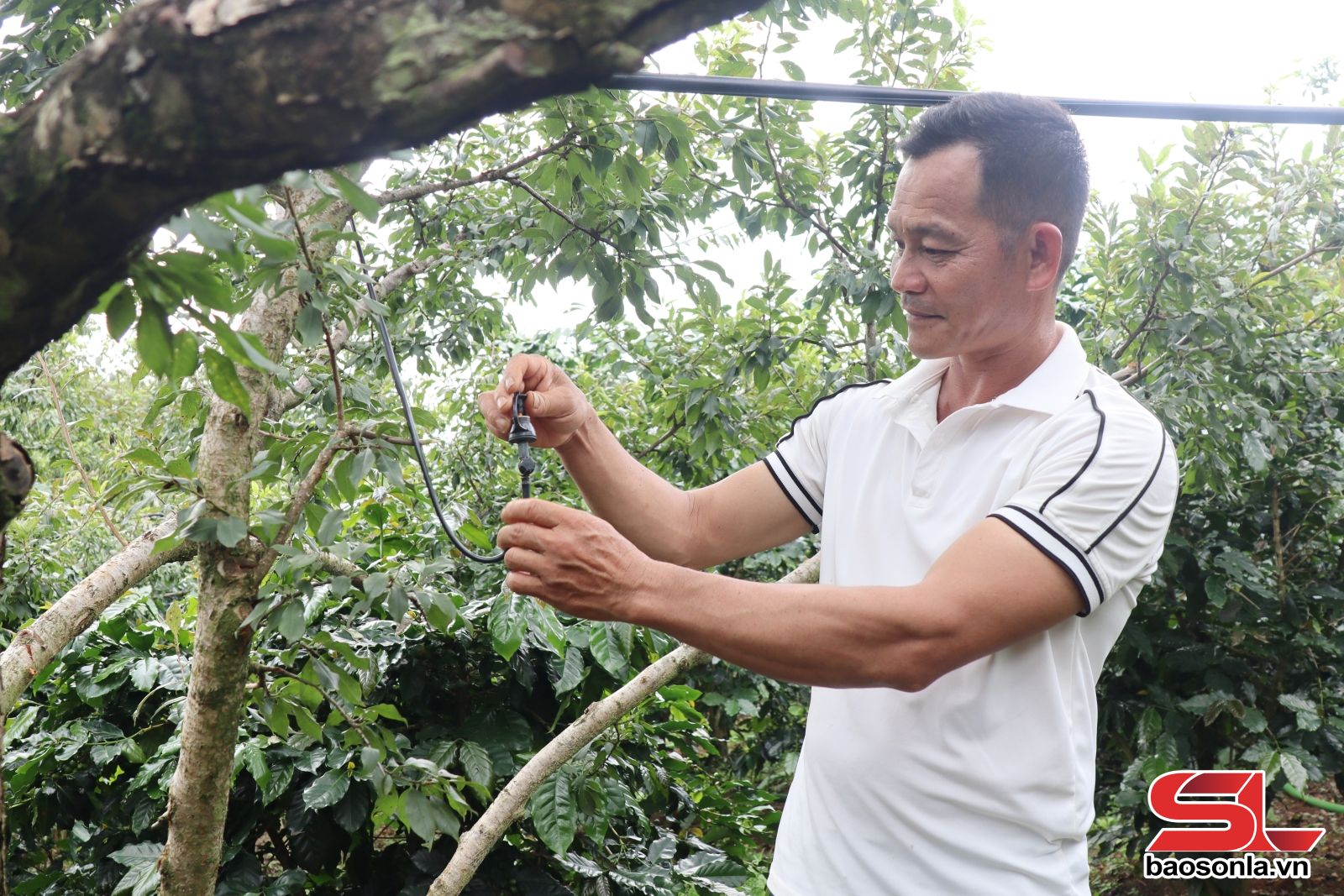
The project to support the development of production according to the value chain is the content of Sub-project 2, under Project 3 on the development of sustainable agricultural and forestry production, promoting the potential and strengths of regions to produce goods according to the value chain. This is one of 10 projects of the National Target Program on socio -economic development of ethnic minority and mountainous areas in the period 2021-2025.
To implement the project, localities have surveyed and reviewed production models, built product chains suitable to the potential and strengths of each region. Focus on training and improving production skills for people in building product chains. Project participants are poor and near-poor households, ethnic minorities living in ethnic minority areas and in especially difficult villages.
After 2 years of implementation, the whole province has implemented 8 production chains, including: 2 coffee chains; 3 plum chains; 1 mango chain and 2 longan chains. The chains focus on consolidating existing areas, expanding new planting areas; at the same time aiming to improve product quality, meeting VietGAP, organic standards and market demand. The total investment capital is about 35.2 billion VND; to date, nearly 20 billion VND has been disbursed and paid, directly supporting 372.5 hectares of fruit trees, with 974 households benefiting.
Nam Ty commune currently has 575 hectares of coffee, of which more than 200 hectares are being harvested, with an average yield of about 8 tons/ha. Previously, many households took care of coffee trees mainly based on experience and lacked materials, leading to low productivity and unstable fruit quality. Since participating in the project and implementing the coffee production chain, households have gradually applied modern farming methods, improved productivity, fruit quality and formed the habit of chain production.
With 8,000 m² of coffee, in 2024, Mr. Luong Van Minh's family, Mon village, Nam Ty commune, will participate in the intensive farming chain, be provided with more than 1 ton of fertilizer, training in care techniques, pest control and proper harvesting procedures. Mr. Minh shared: Thanks to the correct application of care techniques, his family's coffee garden has developed well, the fruits ripen evenly, the yield is stable, investment costs are reduced and product quality is improved. Participating in the chain also helps the family connect with traders, stabilize output and increase the value of agricultural products.
In the communes of Yen Chau area, many households are supported to develop key fruit trees, such as: plum, mango, longan. Mr. Hoang Van Son's family, Cho Long village, Yen Son commune, participating in the plum production chain, said: Previously, my family grew plums mainly based on experience, with low productivity. When participating in the production chain, I was supported with 1 ton of organic fertilizer; instructions on fertilizing, pruning and pest control, so the plum garden developed better, and the fruit was of high quality. Thanks to that, the output was stable, and income increased significantly.
Mr. Lo The Thi, Chairman of Yen Son Commune People's Committee, said: The whole commune has 181 households supported to participate in the chain, with an area of 100 hectares, belonging to the villages: Phuong Quynh, Cho Long, Co Chia, Dan, Tram Hoc, Trang Nam. Participating in the chain helps people change their farming methods, towards commodity production, increasing income on the same area. Productivity and product quality of households participating in the chain have increased, life is more stable. The commune continues to mobilize to expand the area, apply sustainable techniques to increase the value of agricultural products.
Value chain production models have been opening up a stable development direction for agriculture in ethnic minority areas, increasing income and improving life; at the same time, helping people access modern farming methods, focusing on safe crop care techniques, using organic and environmentally friendly materials. Many households have expanded their acreage, applied new techniques and created standard products, meeting domestic market requirements, contributing to the development of agriculture in ethnic minority areas in a sustainable, stable and high-value direction.
Source: https://baosonla.vn/nong-thon-moi/ho-tro-dong-bao-dan-toc-thieu-so-phat-trien-san-xuat-theo-chuoi-gia-tri-HS6RyBmvR.html



![[Photo] President Luong Cuong receives President of the Senate of the Czech Republic Milos Vystrcil](/_next/image?url=https%3A%2F%2Fvphoto.vietnam.vn%2Fthumb%2F1200x675%2Fvietnam%2Fresource%2FIMAGE%2F2025%2F11%2F20%2F1763629737266_ndo_br_1-jpg.webp&w=3840&q=75)
![[Photo] Lam Dong: Panoramic view of Lien Khuong waterfall rolling like never before](/_next/image?url=https%3A%2F%2Fvphoto.vietnam.vn%2Fthumb%2F1200x675%2Fvietnam%2Fresource%2FIMAGE%2F2025%2F11%2F20%2F1763633331783_lk7-jpg.webp&w=3840&q=75)

![[Photo] National Assembly Chairman Tran Thanh Man holds talks with South Korean National Assembly Chairman Woo Won Shik](/_next/image?url=https%3A%2F%2Fvphoto.vietnam.vn%2Fthumb%2F1200x675%2Fvietnam%2Fresource%2FIMAGE%2F2025%2F11%2F20%2F1763629724919_hq-5175-jpg.webp&w=3840&q=75)

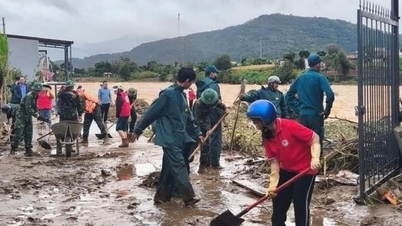

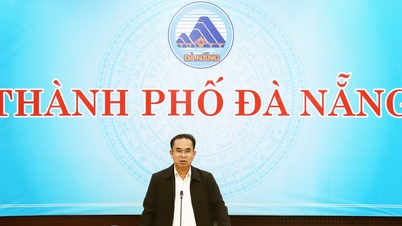

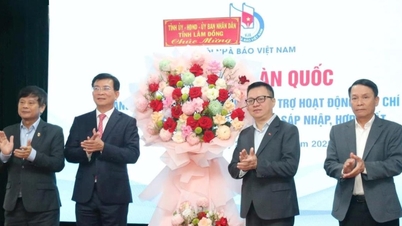

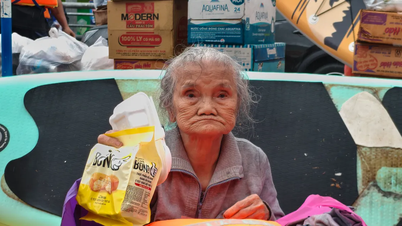

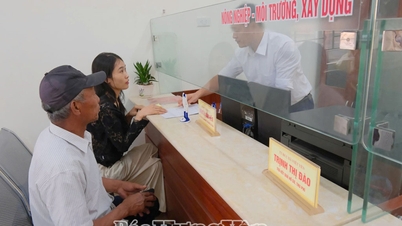







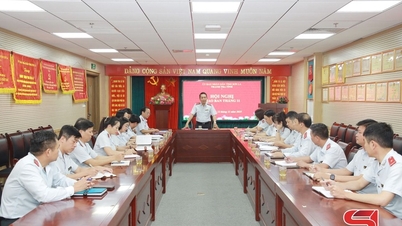
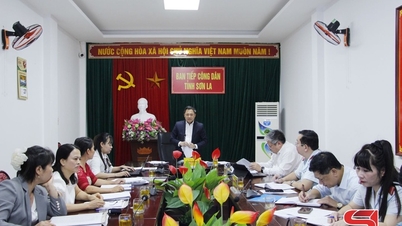
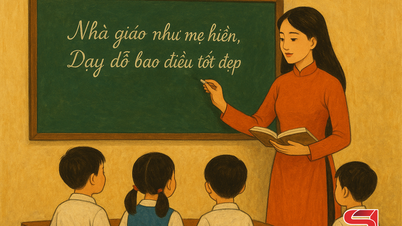
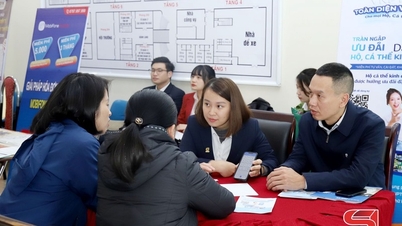
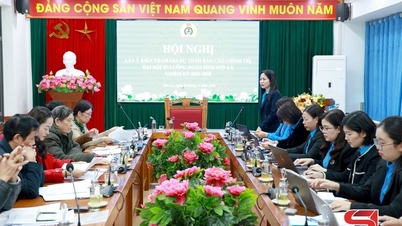
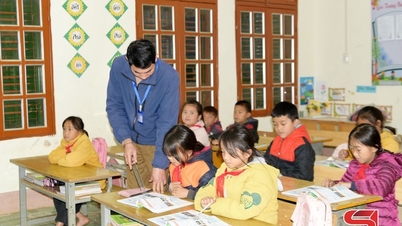





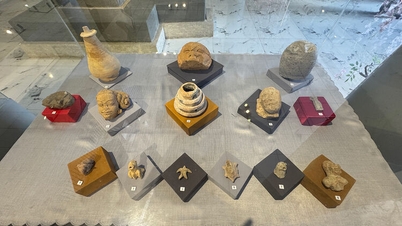



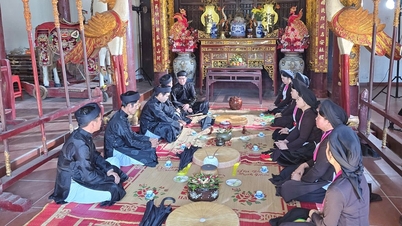






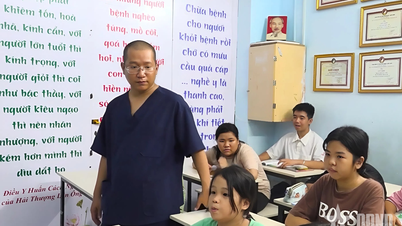

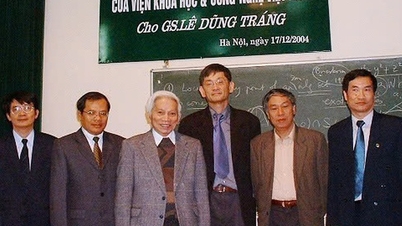


















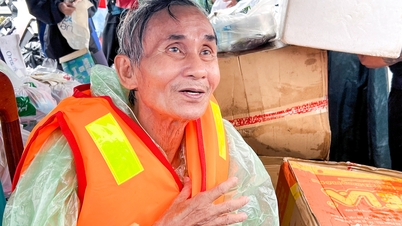







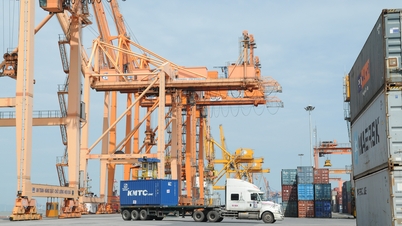


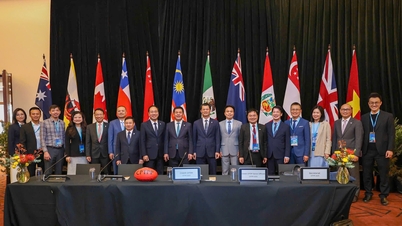

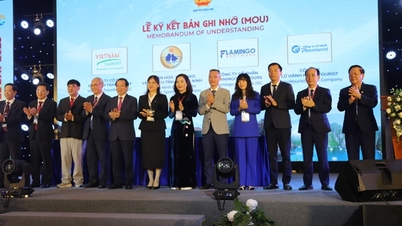



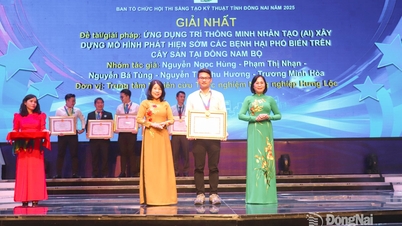




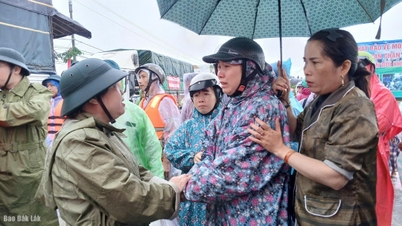
















Comment (0)